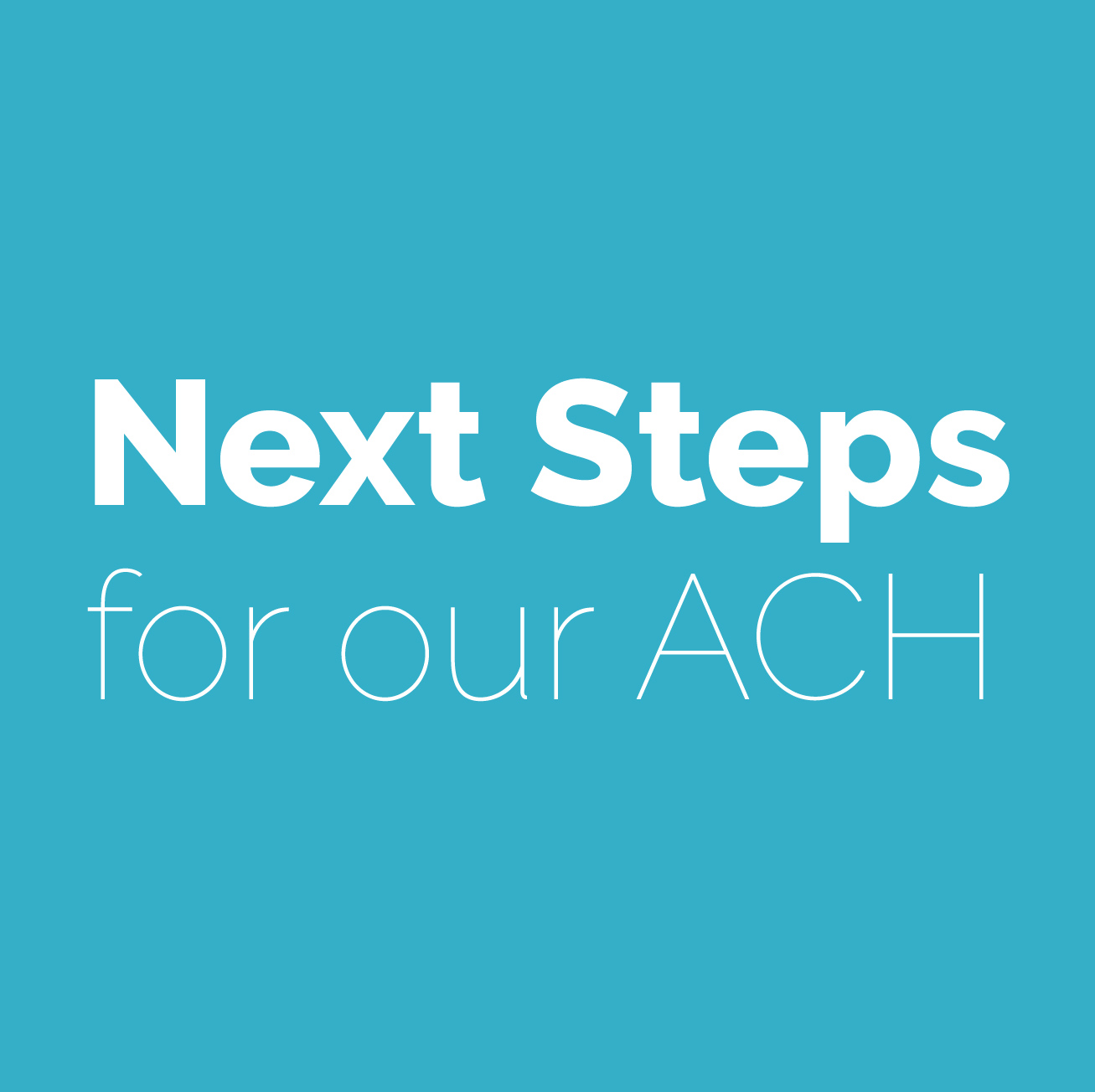ACH March Leadership Council Meeting Recap
/
Thanks to all of you who joined us for our March ACH Leadership Council meeting. It was a great discussion and gathering, with a full room of partners in person and online.
Cool things to know
The State expects to hear in late April if we are successful in our Medicaid 1115 Waiver application. We will keep you posted as we learn more.
April is Spokane Gives month, United Way and partners will host a month of volunteer opportunities in Spokane. Check out the volunteer projects here and see how you and your teams can Give to your community.
The new Apple Health Foster Care program, Apple Health Core Connections, will launch April 1st managed by Coordinated Care. This new program will bring increased care coordination to children in all stages of the foster care system.
A number of organizations are seeing Spring time growth and bringing on new hires to increase their capacity to serve our region. We are especially excited about Newport High School’s hiring of an additional school nurse.
And if you are a Bloomsday fan, start training now at Providence and Group Health’s free Bloomsday training clinics.
Next Steps in ACH Development
We’ve been synthesizing the wealth of information and ideas generated at our Community Linkage Mapping and Idealized Design sessions over the last two months. We debuted and discussed our first strategy map Priority area: Scaling Community Based Care Coordination. We received helpful feedback to further streamline the use of the maps. The feedback included more context, clear prioritizing and the sharing of the current community efforts for each of our strategy areas. There is much work still to do, so stay tuned!
Thought Starting Presentations
Alisha Fehrenhabcher, shared some of her experiences and lessons learned from her work with Health Matters of Central Oregon on the Pathways to Health Hub model. This model demonstrates a pathway (sorry for the pun) forward for our Scaling Community Based Care Coordination based on an evidenced based practice that is scalable across regions and sectors. We are lucky to have her in our BHT region.
Our friends at SNAP Spokane shared their new Low Acuity Transportation Pilot program aimed at reducing the cost of ambulance rides by creating alternative transportation to more appropriate care centers. This is a great demonstration of community entrepreneurship. Go SNAP Go!
Lots of great work happening in our region! If you missed the meeting, we have all of the slides and handouts available for you here:
- ACH at-a-glace document from the Year 1 ACH Evaluation Report
- ACH Priority: Scale Community Based Care Coordination strategy map
- On the Horizon: Document showing what is coming up for ACH development
- Leadership Council Meeting PowerPoint, with presentation from Alisha
- SNAP Spokane’s Low Acuity Transportation Pilot presentation
As always, if you have questions or comments, let me know.
Alison Carl White
Executive Director






















